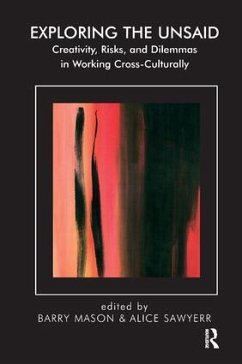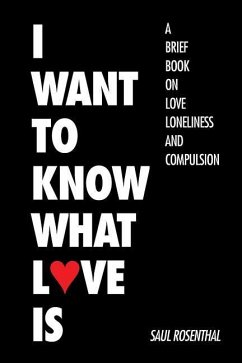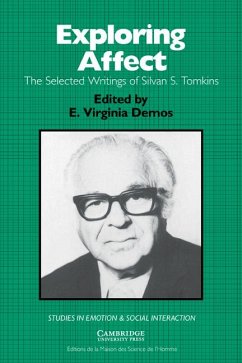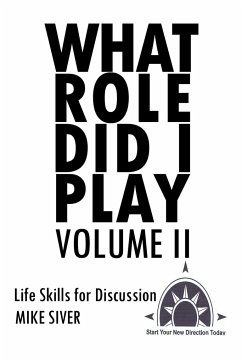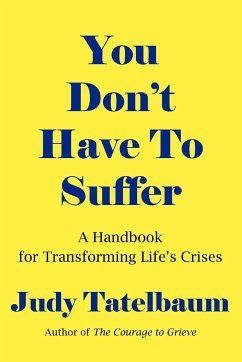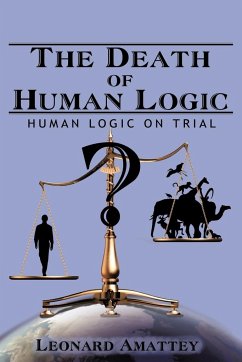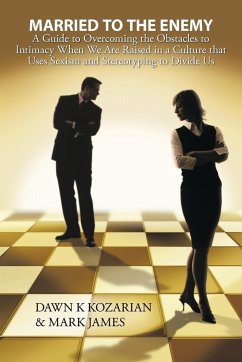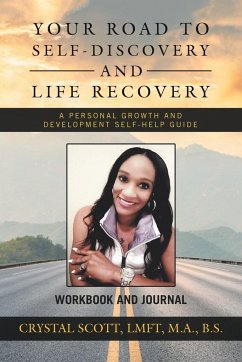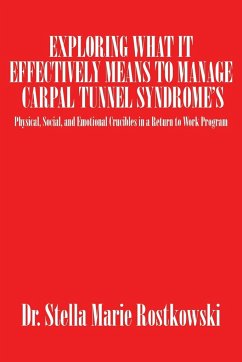
Exploring What It Effectively Means to Manage Carpal Tunnel Syndrome's
Physical, Social, and Emotional Crucibles in a Return to Work Program
Versandkostenfrei!
Versandfertig in 1-2 Wochen
16,99 €
inkl. MwSt.
Weitere Ausgaben:

PAYBACK Punkte
8 °P sammeln!
The intended goal of my study was to provide insight and generate theories about how the physical, social, and emotional effects of carpal tunnel syndrome, affected an employees ability to complete their employer-sponsored Return to Work program when they have Carpal Tunnel Syndrome. In order to do this, I utilized a constructivist grounded theory methodology that used Strauss and Corbin's microanalysis techniques during the semi structured interviews and observations in order to focus my attention on how the participants acted and reacted during the interviews. Participants' actions and react...
The intended goal of my study was to provide insight and generate theories about how the physical, social, and emotional effects of carpal tunnel syndrome, affected an employees ability to complete their employer-sponsored Return to Work program when they have Carpal Tunnel Syndrome. In order to do this, I utilized a constructivist grounded theory methodology that used Strauss and Corbin's microanalysis techniques during the semi structured interviews and observations in order to focus my attention on how the participants acted and reacted during the interviews. Participants' actions and reactions were used to generate open ended interview questions. My study took place over a three-month time frame and consisted of consisted of 12 people (five men and seven women) from three separate companies in the United States of America. During this timeframe, participants answered semistructured and open-ended interview questions about their experience with CTS in the workplace, how they dealt with having CTS in the workplace, how they were treated in and out of the RTW program by their employer and co-workers, and why they felt their disease had a direct impact on how they were treated by their employer and co-workers. Through the participants' thoughts, feelings, emotions, and fears, individual stories emerged, which provided insight into the social existence and nonacceptance Carpal Tunnel Syndrome has in the workplace. Through the use of the employees with Carpal Tunnel Syndrome words and experiences, specifics about the physical, psychological, psychosomatic, and sociological experiences helped in the construction of preliminary theories that showed how the cause and effect reactions were the motivating factors of why employees with Carpal Tunnel Syndrome did or did not complete their employers' Return to Work programs.




